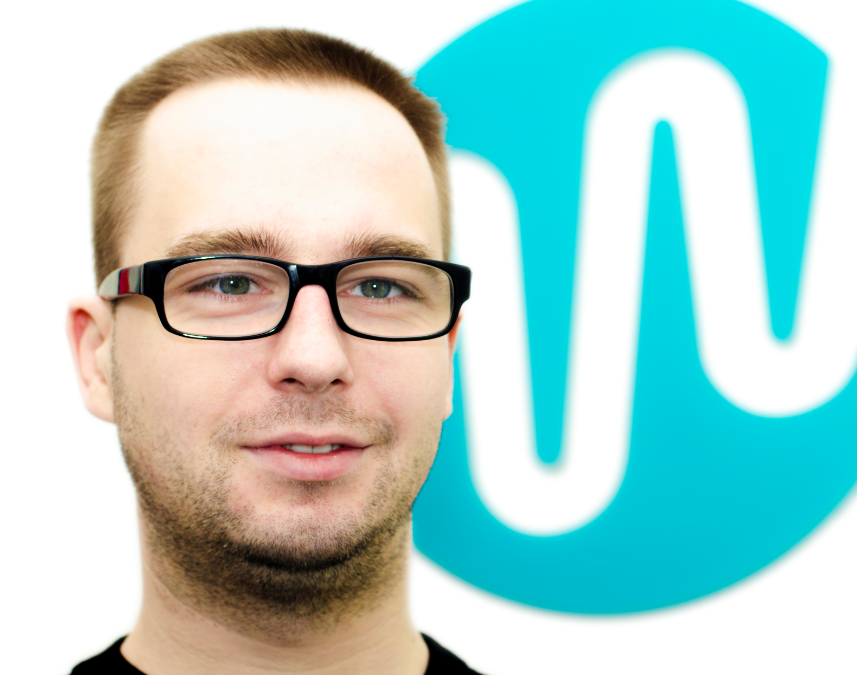</p>

The multibillion-dollar blockchain industry could not ignore such an item of expenditure of the nationaleconomies like health care and not offertheir solutions for optimizing information flows. Even at the stage of infrastructure development of blockchain technologies, in 2016, the US Department of Health and Human Services held an open competition on the use of blockchain technologies in healthcare. As a result, 15 winning documents were identified: they were very different in the methods of solving problems, but they very precisely coincided in the field of determining the applied problems of medical care for the population that could be solved with the help of new technology.
The very essence of blockchain transactions, allowinguse them as a system of secure trusted data warehouses - creating a data chain signed with keys selected on the basis of host consensus algorithms makes it possible to offer at least three solutions for the healthcare industry:
“Control of the purchase of prescription drugs for“blockchain is a fresh global solution for healthcare,” comments Alexey Nasonov, CEO of the fintech company Worldcore, which acts as a consultant for several healthcare projects. – This is the first step towards the so-called personal supply of medicines, when pharmaceutical corporations produce an individual drug for each patient, labeling it accordingly and placing information about it on the blockchain so that the medicine reaches its consumer and only him. “In addition, do not forget about such a simple and non-specific use of blockchain as payment for services with tokens.”
Such tasks - of the third kind can be solved directlyNow, without adjustments to the legislative framework, since there is no need to observe medical confidentiality. Therefore, for example, in Russia, one of the pilot projects in the field of blockchain control of the origin and destination of drugs was launched on the basis of the Novgorod Regional Clinical Hospital, implemented by the blockchain segment of the St. Petersburg United Medical Corporation company. As part of the first stage of the pilot project, an electronic access system is being implemented for each patient, so that he will be able to track the personal prescription of medicines, their availability under the program of preferential provision. For the hospital, it is envisaged to monitor the expenditure of medicines, automatically generate a financial card for the patient to report to the CHI. The end of the first stage of the project is the end of 2018. Base - smart contracts of the ERC20 standard in the Ethereum blockchain.
By 2018, the number of projects in the field ofhealthcare has grown many times: from DentaCoin, offering tokens for paying for dentists' services, and cannabisfarm.io, which provides home-friendly products for growers from the name, to quite global ones - MediLedger, which solves the problems of global drug tracking, Patientory, Medicalchain, MEDIS, which provide global access to the patient database.
“Development of the healthcare sector in the futurewill lead to the personalization of medical care, including the development of personal medicines based on the genetic map and the patient’s well-being,” sums up Alexey Nasonov. – IBM Watson is already making diagnoses better than any doctor. If we transfer local databases of medical centers into a blockchain format accessible to the whole world, this will create a revolution in healthcare comparable to the big data revolution.”
In other words, the healthcare blockchain industryprojects is developing, and the emergence of many projects that find their crowd-investors, means that people care about their health, they are ready to invest money in it, and this process will never stop.





